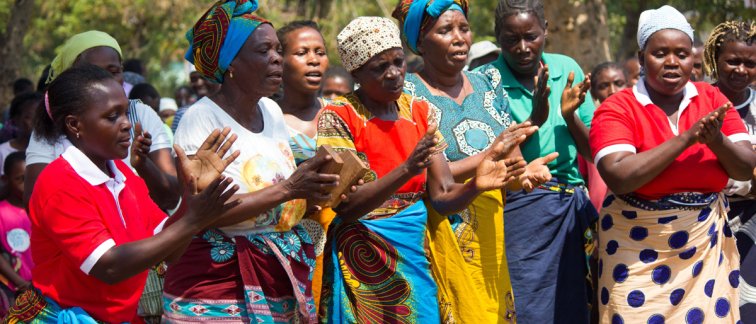Cardiovascular disease (CVD) is major global public health burden, with migrant populations in high-income countries being particularly affected. CVD is also major threats in low- and middle-income countries, from which most migrant populations originate. Transitioning of societies and the resulting changes in lifestyles are thought to be major driving forces, but the key specific factors within this broad category still need to be determined.
Migrant studies provide a unique opportunity to understand the potential underlying causes of these conditions, but current research is mainly geared toward analyzing the differences between migrants and the host populations in the countries of settlement. For better understanding, there is a need to extend migrant health research across national boundaries.

The overall aim of the Research on Obesity and Diabetes among African Migrants (RODAM) study is to understand the reasons for the high prevalence of CVD and risk factors among sub-Saharan Africans in diaspora by (1) studying the complex interplay between environment (e.g., lifestyle), healthcare, biochemical and (epi)genetic factors, and their relative contributions to the high prevalence of CVD; (2) to identify specific risk factors within these broad categories to guide intervention programmes and (3) to provide a basic knowledge for improving diagnosis and treatment.
You can find more information on the RODAM cohort study website.
APH contact person: Charles Agyemang, Erik Beune
Contact: c.o.agyemang@amsterdamumc.nl; e.j.beune@amsterdamumc.nl

